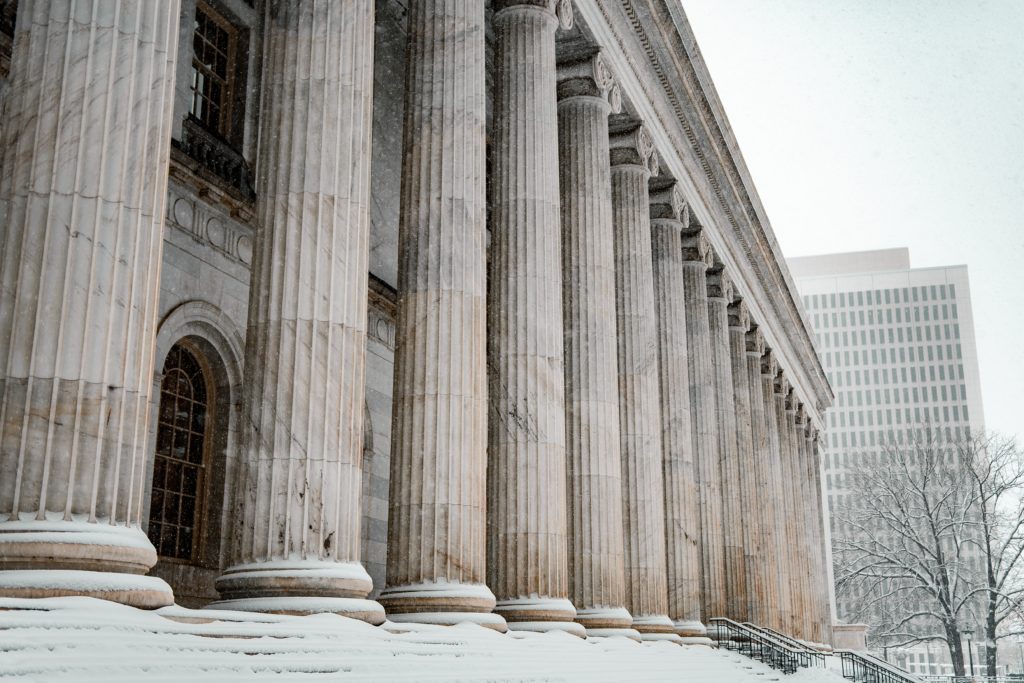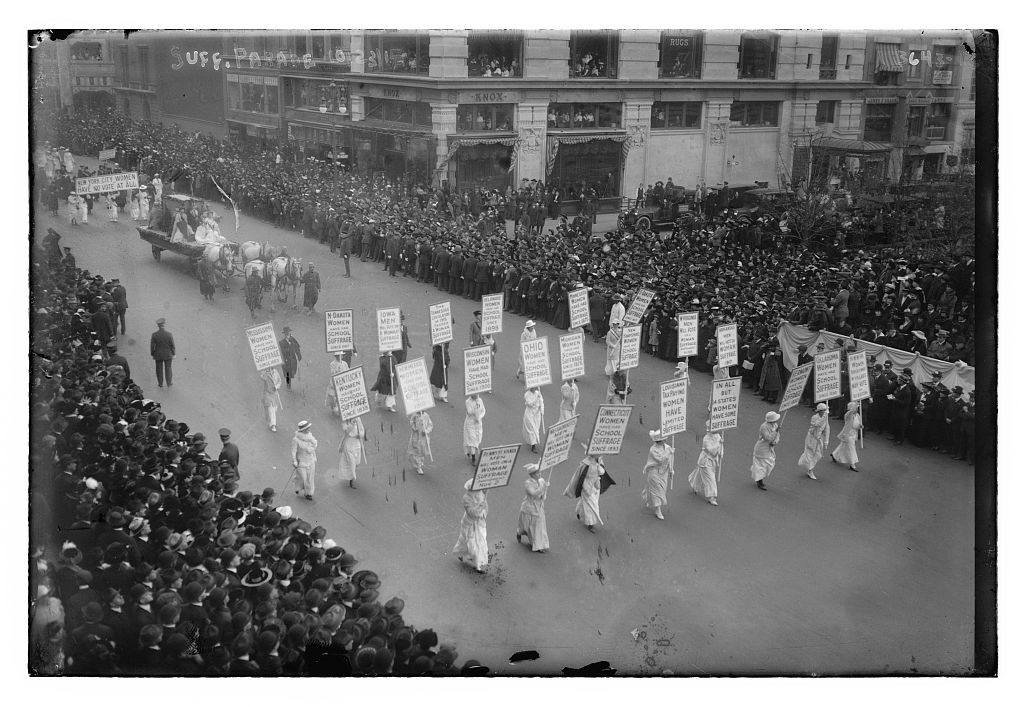Quakers have stood up for what they believed was right since the religion’s founding in England in the mid-1600s. Prison and mental health reform. Abolitionism and civil rights. Education for all. Ensuring the dignity of older adults.
There are about 75,000 Quakers in the U.S., but they have had, in many ways, an outsized impact on social equality. It all boils down to acting on Quaker values.
Learn more about Kendal’s Values & Practices
Quakers as Change Agents
A “change agent” is a person with the skill and desire to transform an organization, a community, or a society. Change agents can have a formal title or position of leadership, but often don’t.
Quaker share a fundamental belief in the value of each person and in each person’s access to the divine inner light. Acting on this belief leads many Quakers to become what is called a “witness in society.” In other words, they are change agents to improve the places where they live and work, as well as places that may lie very far from their everyday reality.
Imprisonment and persecution for their beliefs in the 17th century led to Quakers’ first actions to witness in society. They called for improved conditions in prisons, as well as mental health hospitals to stop the practice of jailing mentally ill people. As they became more established in the American colonies, they established schools that educated both females and males. Throughout, Quaker principles, such as equality and integrity, have governed how they live, work, and worship.

Quakers in Collective Activity
Two long-standing committees embody how Quaker values translate into collective action for social equality.
Perhaps most well-known, the American Friends Service Committee formed to help civilian victims of World War I in Europe. Since then, it has undertaken relief efforts and worked to promote lasting peace with justice around the world.
In these polarized times, it is also useful to know about the work of the Friends Committee on National Legislation, or FCNL. The group has operated in Washington, DC, for almost 80 years. Quietly and effectively, they strive to bring into conversation people from different political parties and points of view.
Advocating for Older Adults
Quakers were pioneers in re-thinking how the country values and cares for older adults. The impetus came from witnessing older members of Quaker meetings who could not live on their own and did not have family to help them. Boarding homes to provide support evolved over the years into many arrangements that foster community, including the Kendal Corporation and other campus-based and at-home options.
Quakers believe in the spark of the divine that exists in every person, at every age in their lives. This core value informs care for individuals in Kendal communities. It has also led to significant change in national policies and regulations.
Kendal has long been committed to restraint-free care of residents, but wanted to have a greater impact. In 1989, we established a program called Untie the Elderly to stop the unfortunately common practice of imposing physical and chemical restraints. Our efforts laid the groundwork first in Pennsylvania and then nationwide to limit the use of restraints in long-term care settings.
Quaker Values and Future Change
We don’t know what will happen in the next 100 years. But with a firm foundation in values and beliefs, Quakers will continue to serve as change agents for social equality and a better world.

